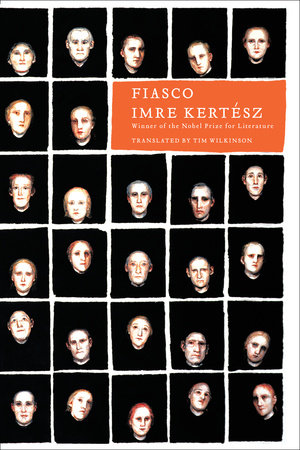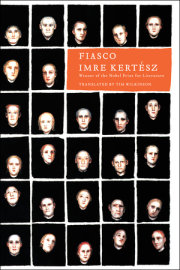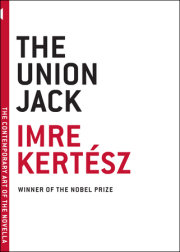Imre Kertesz was born in Budapest in 1929. At age 15 he was deported to Auschwitz, then Buchenwald, and finally to a subcamp at Zeitz, to labor in a factory where Nazi scientists were trying to convert coal into motor fuel. Upon liberation in 1945 he worked as a journalist before being fired for not adhering to the Communist party doctrine. After a brief service in the Hungarian Army, he devoted himself to writing, although as a dissident he was forced to live under Spartan circumstances. Nonetheless he stayed in Hungary after the failed 1956 uprising, continuing to write plays and fiction in near–anonymity and supporting himself by translating from the German writers such as Joseph Roth, Freud, Nietzsche, and Wittgenstein. He remained little–known until 1975, when he published his first book,
Fatelesseness, a novel about a teenage boy sent to a concentration camp. It became the first book of a trilogy that eventually included
The Failure and
Kaddish for an Unborn Child. Subsequent titles include
Liquidation,
Union Jack, and, most recently, a memoir,
The File on K. In 2002, Kertesz was awarded the Nobel Prize for Literature. He lives in Budapest and Berlin.
View titles by Imre Kertész











